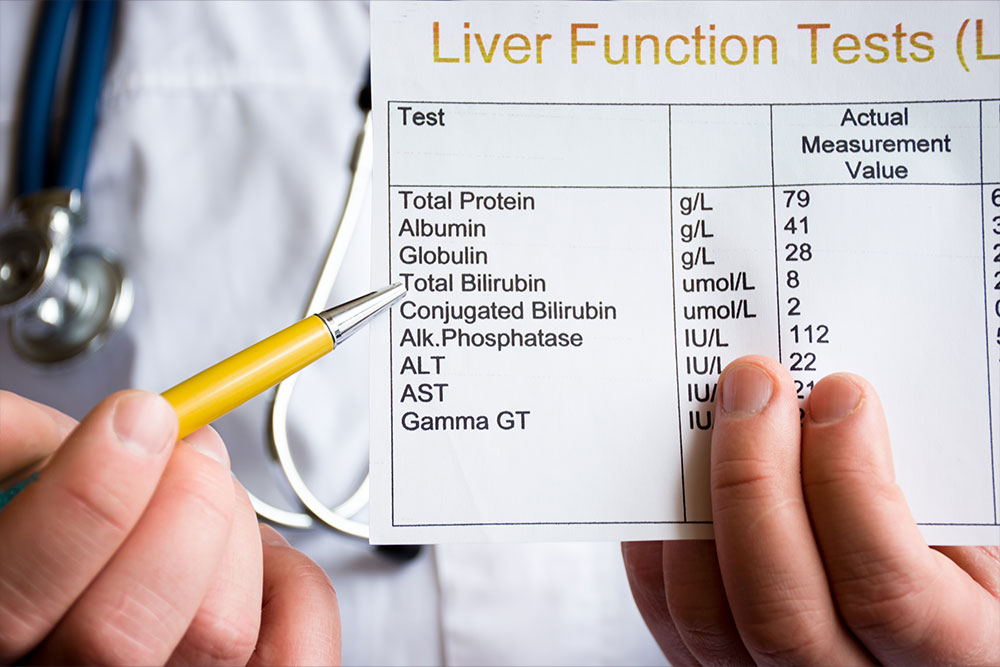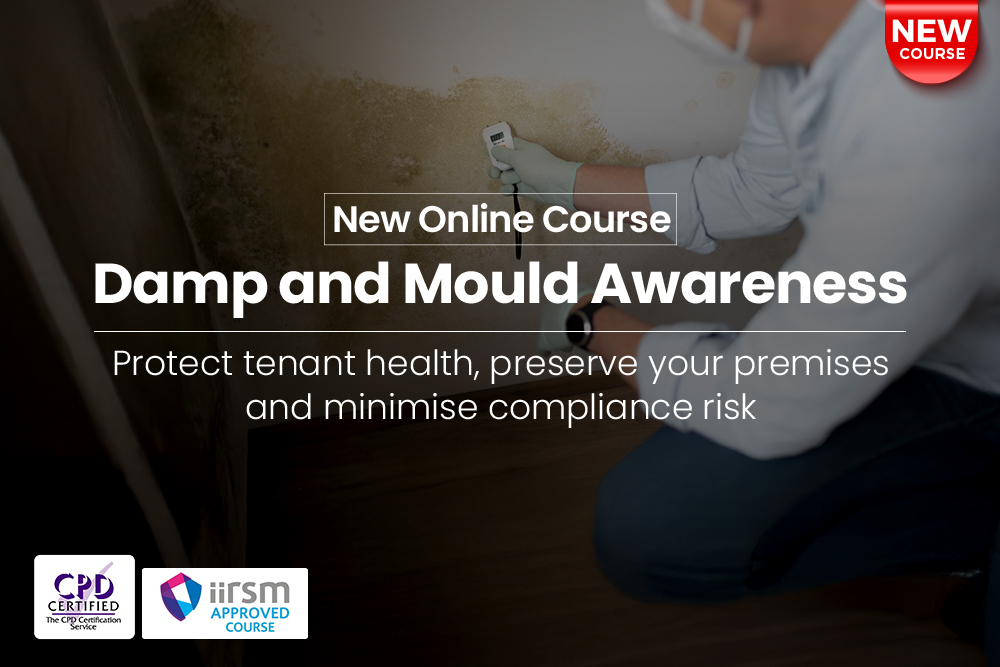
When was the last time you thought about your liver? Last week? Yesterday? Like most of us, you probably don’t think about how well your liver is doing. But you should. So, can stress cause elevated liver enzymes? And if it can, what can we do about it?
The liver is the biggest organ in our bodies and performs over 500 vital functions. To do its job, the liver uses a variety of things called enzymes. Liver enzymes are helpful to us, but only in moderation. If you produce too many, liver enzymes can do more harm than good.
Slightly worrying news, we know. But try not to get stressed out about it. There’s a popular belief that stress is one of the main causes of elevated liver enzymes.
Keep reading to learn more about the link between liver enzymes and stress levels.
What Are Liver Enzymes?
Enzymes are proteins that the body produces naturally. Enzymes work to assist the body by speeding up chemical reactions. As you might expect, liver enzymes are enzymes that are only found in the liver.
There are four main types of liver enzymes:
- Aspartate transaminase (AST) (SGOT)
- Alkaline phosphatase (ALP) (SGPT)
- Alanine transaminase (ALT)
- Gamma-glutamyl transferase (GGT)
These enzymes help the liver produce bile, metabolise food, break down toxins, create glucose, regulate red blood cells and fight infections. As we said before, liver enzymes are useful little things. Mostly.
Liver enzymes are just like anything in life; they’re only good in moderation. If you’re producing too many liver enzymes, they can cause your liver to stop working properly. Overproduction of liver enzymes can cause them to leak out into your bloodstream and cause all sorts of problems. Damaged liver cells also aren’t great at keeping liver enzymes contained.
To stay in good health, you should always look for the tell-tale signs that you have too many liver enzymes
Symptoms of Elevated Liver Enzymes
To be honest, the symptoms of elevated liver enzymes are nobody’s idea of a good time. Elevated liver enzymes aren’t going to fill you with vim and vigour and they can easily be overlooked. Elevated liver enzymes can also lead to serious health problems.
If you’ve got any of the below symptoms of elevated liver enzymes, you should see a medical professional as soon as possible:
- Abdominal pain
- Dark-coloured urine
- Increased feelings of tiredness and fatigue
- Yellowing skin and eyes (jaundice)
- Itchy skin
- Pale-coloured stools
- Loss of appetite
- Vomiting
- Nausea
Can Stress Cause Elevated Liver Enzymes?
How your liver works is a fairly complicated process. There are a variety of factors that can cause you to have elevated liver enzymes. Stress and anxiety have been shown to be a cause of higher liver enzyme levels, although the entire process of how stress-induced liver damage occurs isn’t fully understood.
Chronic stress reduces blood flow to the liver, increasing enzyme levels. Stress also causes the body to produce more cortisol, which can also damage the liver.
When stressed, the liver produces natural killer cells (NKCs) that kill off good liver cells and exacerbate liver conditions. And if all this wasn’t bad enough, when we’re experiencing stress or anxiety, the body restricts blood flow to the part of the brain that controls liver function.
Researchers studied people who have Hepatitis B and found a link between how depressed the patients were and their liver enzyme levels. People with hepatitis C report that their symptoms get worse when they’re stressed. Liver transplants are also more likely to be rejected by patients who have depression and anxiety.
Bottom line: the research is clear that stress does contribute to failing liver health. More research needs to be done to determine if there is a definite causal link between stress and lower enzyme levels. The circumstantial evidence, however, seems to indicate that there is a connection between our stress levels and our liver enzyme levels.
Other Causes of Elevated Liver Enzymes
Stress, depression, and anxiety aren’t the only causes of elevated liver enzyme levels. Our liver enzymes can rise as a result of a variety of conditions or lifestyle factors. These include:
- Diseases like hepatitis A, B, or C
- Liver cancer
- COVID-19
- Autoimmune diseases
- Cirrhosis
- Fatty liver disease
- Celiac disease
- Stroke
- Heart failure
- Heart attack
- Wilson’s disease
- Sepsis
Risk Factors for Elevated Liver Enzymes
Several other factors increase the risk of developing elevated liver enzymes. While some are related to lifestyle choices, others are linked to underlying medical conditions or genetic predispositions. Here are the key risk factors.
- Excessive consumption of alcohol
- Obesity
- Diabetes
- Prescription statin drugs
- Family history of liver disease
Tests for Elevated Liver Enzymes
If you’re worried about your liver enzyme levels, the best thing to do is book an appointment with your GP. A doctor can test your liver enzyme levels by taking a blood sample and sending it to a laboratory for analysis.
Liver enzyme tests examine AST, ALT, ALP, and GGT levels. Although the levels of these enzymes vary from person to person, there is a standard healthy range for everyone. Your liver enzyme levels should fall within:
- AST: under 36 units per litre
- ALT: between 7 and 56 units per litre
- ALP: between 20 and 140 units per litre
- GGT: between 0-30 units per litre
A doctor may also check your levels of albumin and bilirubin. These proteins are crucial to good liver function and can indicate that your liver enzyme levels are too high.

Treatment Options for Elevated Liver Enzymes
It’s difficult to bring elevated liver levels back to a normal range. But with a little effort and some basic lifestyle changes, it’s possible to decrease liver enzyme levels. Following your doctor’s instructions, you can lower your liver enzyme levels within a month.
Most treatment plans aim to deal with the underlying cause of elevated liver enzymes. So, if you have hepatitis, a doctor will probably recommend rest and greatly reduced alcohol intake. Chronic hepatitis may require medication.
Eating a healthy diet with more vegetables than meat will help reduce your liver enzyme levels. You should cut down or avoid processed foods entirely. Reducing your alcohol intake will also help you get your enzyme levels down.
Regular exercise is a proven way of lowering liver enzymes. And, surprisingly, drinking coffee has also been shown to promote good liver health.
Acting to lower your levels of stress, depression, and anxiety will also help to keep those liver enzymes in check.
How to Treat and Manage Stress
Improving your lifestyle habits, like maintaining a good diet, keeping a regular sleep schedule, and getting more exercise, will help you lower your stress levels. But there are also a few other ways you can decrease the amount of stress in your life:
- Spend time doing things that you enjoy. Make time to indulge in your hobbies or relax by going for a walk, listening to music, or reading a book.
- Take a break from work when you need to. If you feel overwhelmed by family and friends, make sure to create time where you can be on your own. Conversely, if you’re feeling lonely, reach out to friends or family members for support.
- Mindfulness techniques like meditation or breathing exercises can help to lower feelings of stress and anxiety.
- Avoid alcohol and drug use, as these substances increase feelings of depression and anxiety in the long term.
Focus on self-care and you’ll be able to control your stress levels – and your liver enzyme levels. More people in the UK report that their work makes them stressed out than any other country, according to recent research.
As well as the impact on people’s mental health, the cost of work-related stress costs the UK economy £28 billion every year. Around 23.3 million working days are lost every year due to the poor mental health of employees.
The first step in managing workplace stress is to conduct a stress risk assessment. Reducing stress can improve productivity, reduce absences and create a happier and more enjoyable workplace for everyone.
Learn More About Stress Management
Is your work causing you to feel stressed all the time?
Our online stress awareness training will teach you the essentials of controlling occupational stress levels.
This course gives employers and managers the skills they need to develop a healthier, happier, and more productive working environment.




























































































































































































































































































































































































































































































































































































































































































































































